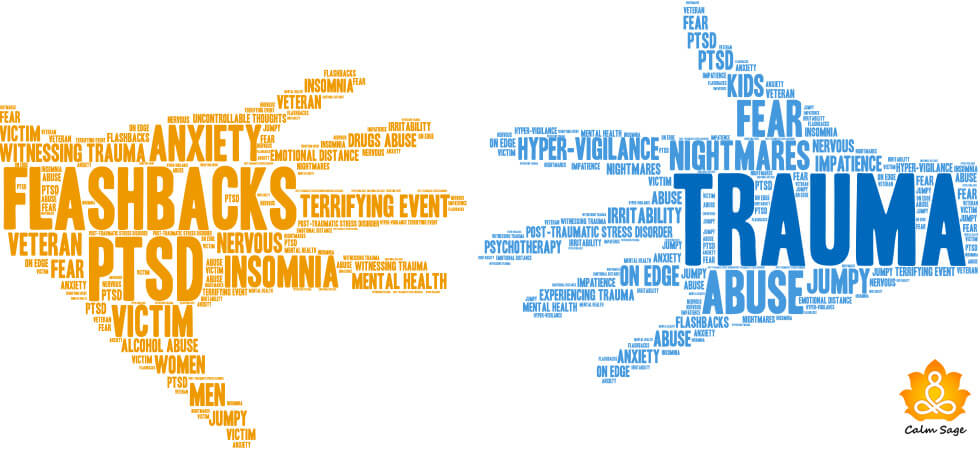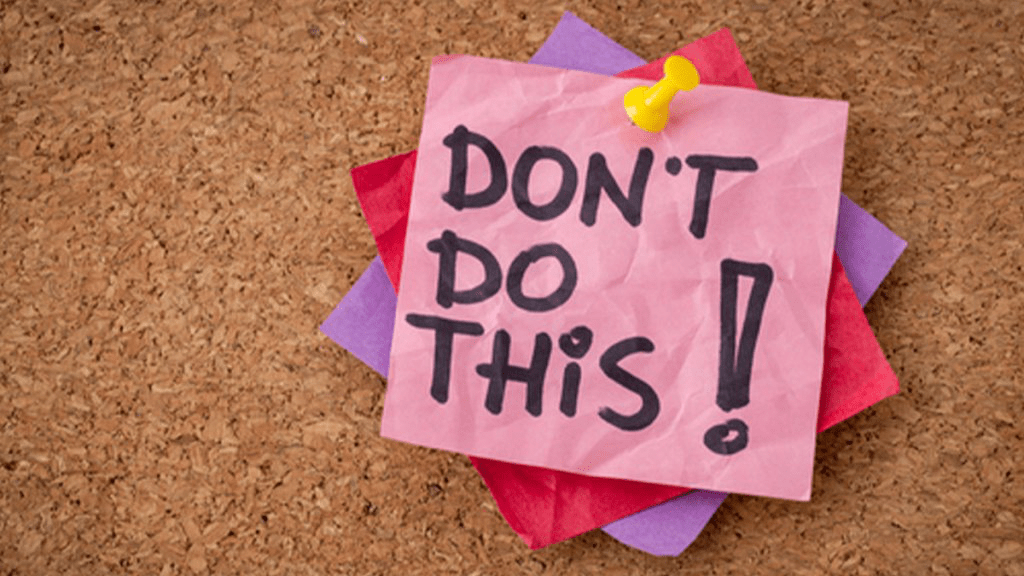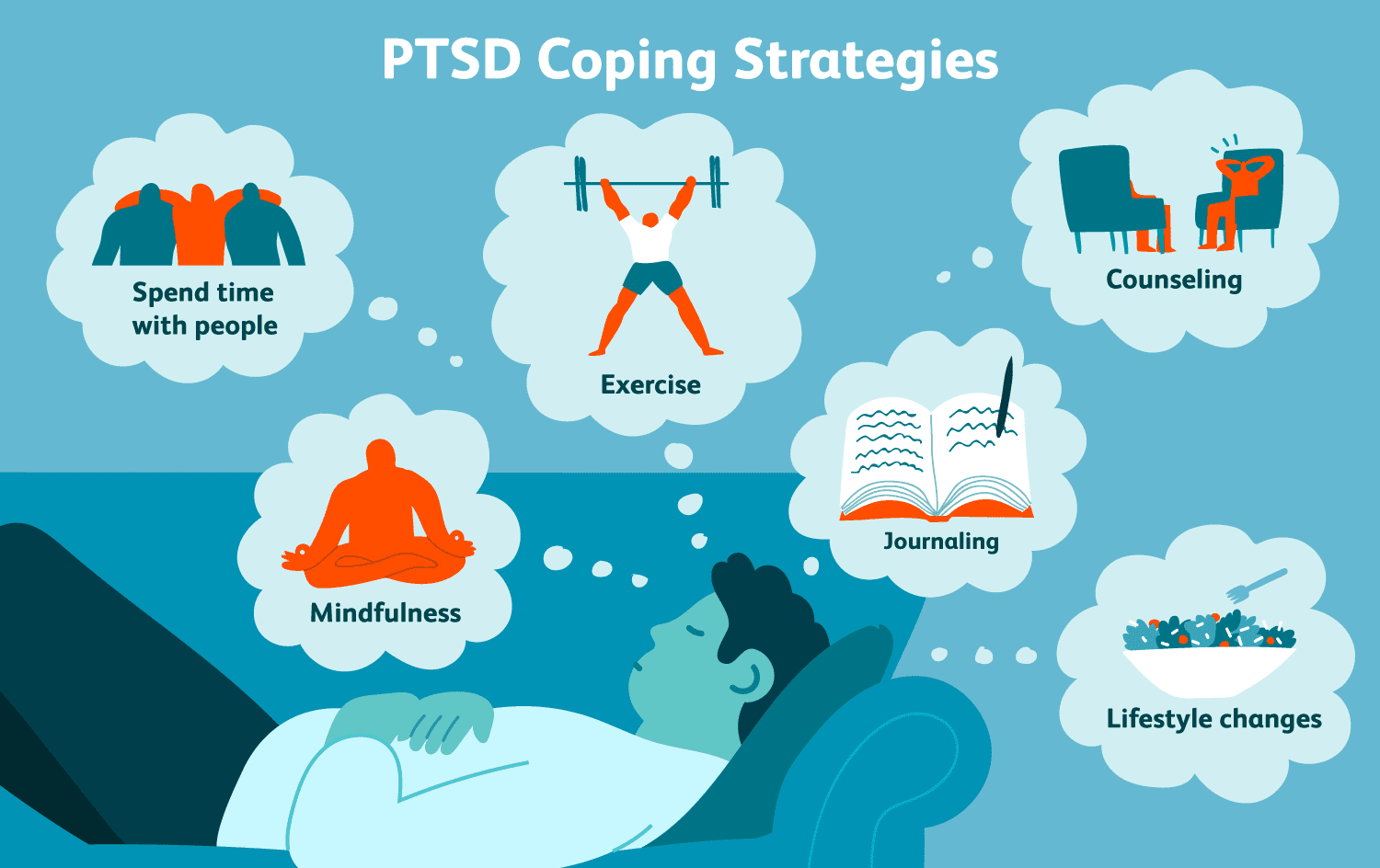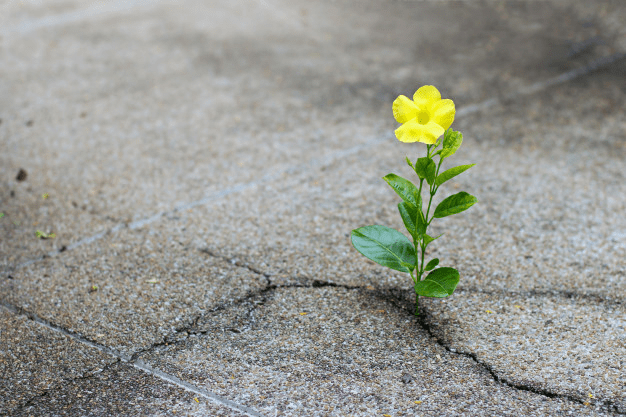PTSD And Trauma: Things to Stop Doing | How to Heal

It is normal to have strong reactions following a traumatic event. In most ways, these reactions help in the recovery process. The healing process can be overwhelming and tiresome. Traumatic events can include car accidents, military accidents, physical abuse, or some other act of violence. All healing, physical, and psychological needs time and patience.
People, after a traumatic event, feel that they can’t control their lives because of their responses and reaction to post-traumatic stress. PTSD has been linked to mental health illness and depression.

Things to Stop Doing
PTSD is treatable but the first step in the healing process is to accept the emotions and treatments provided. Here are some things that you need to stop doing:
- Listening to unsolicited advice from those who know little about trauma, or those with little empathy.
- Comparing your journey to others.
- Believing healing quickly is a sign of greater strength.
- Thinking you are in any way to be blamed for your trauma.
- Thinking the way toxic people treat you is in any way a reflection of your self-worth.
- Thinking you should be ‘over this’ by now.
- Believing minimizing trauma will help in quick recovery.
- Thinking yourself as a bad and undeserving person.
- Thinking you are weak because of your traumatic experiences.
- Thinking you should tolerate people who invalidate your trauma and its effect it has on your life.

How to Help with Healing
Recovering from PTSD or ant traumatic event is not easy and involves a lot of therapy and attention. The following can help in PTSD healing:
- Get professional help. The best place to start is to see a therapist.
- Talk about it. Bottling up the emotion inside yourself can negatively affect your health, mind, and body.
- Spend time with others. Support groups are the best place to talk with people who are in recovery as well. It will provide you with social support as well as mental support.
- Maintain a healthy routine. Eating healthy, exercising, and proper sleep can help you stay well and relieve depression and stress.
- Try to relax. Meditation, stretching, yoga, listening to soothing music, and nature-walks can be helpful too.
- Substance abuse. Say no to alcohol and drugs. These substances may provide short-term relief but in the long-term, they can prove to have negative effects on the mind.

Some events that can be very traumatic for one person could hardly be bothering someone else. If something bothers you a lot and the same thing doesn’t bother others does not mean that something is wrong with you. Every experience is different for everyone.
Reaching out to a therapist is always a good step. The effects of trauma can have negative effects on your health, physical, and mental. Many find support and solace in treatment but remember what works on others might not work on you.
Understand your symptoms and take charge of your health. Healing comes from taking responsibility. It doesn’t mean that the damage never existed, it means that the damage does not control your life. Listen to your heart and live life with compassion.
You May Like These Also:
5 PTSD Treatment Techniques For Your Well-Being
How To Stop PTSD Nightmares & Sleep Peacefully?
Effective Coping Strategies for PTSD (Post-Traumatic Stress Disorder)





















Explanation of each thing in your post is really good and I learnt a lot about PTSD and Trauma.
This blog has been explained very simply and beautifully.
i Support this point "Thinking yourself as a bad and undeserving person." . This will be a step forward to self love